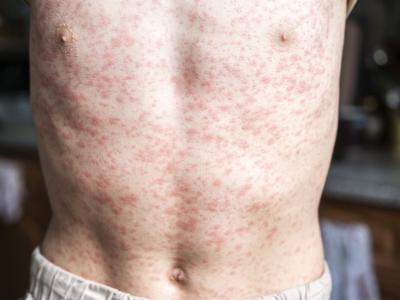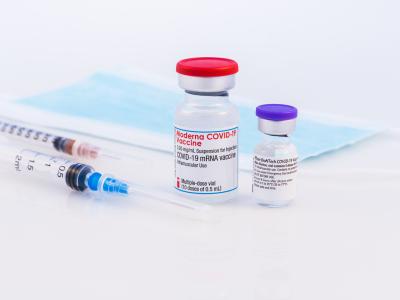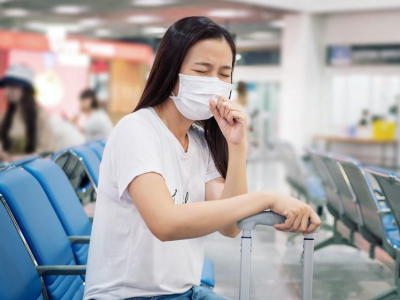May 16, 2011 (CIDRAP News) – Delegates from 193 countries met today in Geneva at the start of the World Health Assembly (WHA), which will address several infectious disease topics, including a report from an independent pandemic review committee, a virus-sharing agreement, and the fate of the world's remaining smallpox virus stocks.
The WHA is the decision-making body of the World Health Organization (WHO), and the meeting runs through May 24. Today's agenda mainly consisted of housekeeping tasks such as electing a president for this year's assembly and adopting a provisional agenda. Cyprus' health minister, Dr Christos Patsalides, was elected president,
The WHA's first day was capped by a keynote address by Dr Margaret Chan, the WHO's director-general. Early in her speech she said a trend is emerging that puts the world's latest and best health technology into the hands of countries that need it the most.
In the past, she said, people with drug-resistant tuberculosis (TB) had to wait 3 months for a solid diagnosis, but the launch of a rapid diagnostic test for the disease last year gives medical teams a faster, more sensitive tool that can deliver a result in 100 minutes. "WHO endorsement of the test brought an immediate price reduction of 75% for developing countries. Roll-out has begun in more than 30 countries, assisted by WHO and other partners," she said.
She said a major success over the past years has been a reduction in the malaria burden, especially in Africa, thanks to the support of global health partners, African leaders, and groups such as the Roll Back Malaria Partnership.
"Thanks to intense surveillance, the first signs of resistance to artemisinin were detected along the Thai-Cambodian border," Chan said. "An aggressive containment plan was quickly devised. If fully implemented, this plan could stop further spread of resistance dead in its tracks."
An independent group that reviewed the WHO's performance during the 2009 H1N1 pandemic will present its final report during the WHA. The group met for the fourth and final time in late March to preview its findings and conduct final closed-door deliberations. The group's other task was to assess how the International Health Regulations (IHRs) functioned during their first use in a global health emergency. In 2005 the WHA approved a revision of the IHRs, the first since 1969. Most of the changes took effect in 2007.
Chan said she welcomes the report, which she says exonerates the WHO from criticisms that it overstated the pandemic threat and that its decisions were unduly influenced by pharmaceutical companies.
"Equally important, the report offers some constructive criticisms, identifies several examples of outstanding collaboration, and issues a number of specific recommendations to make the world better prepared for the next public health emergency of international concern," she said, noting that the WHO has already adopted a suggestion by African Union countries to speed the strengthening of core capacities needed to implement the IHR.
The WHA delegates will consider and vote on the pandemic virus-sharing agreement that was finalized by a working group on Apr 17, after 4years of complex and contentious negotiations that spanned 14 meetings.
In her speech, Chan characterized the agreement as a set of strategies that will help improve the world's pandemic preparedness, facilitate sharing of influenza viruses, and extend the reach of new drugs and vaccines to developing countries.
"In the end, trust and diplomacy and, I do believe, respect for the issues on the table won the day," she said, praising the leadership of working group members from Australia, Mexico, and Norway.
Also, the WHA will consider whether or not to destroy the world's remaining smallpox virus stocks. The issue has been brought to the WHA five times before, most recently in 2007. The United States and Russia have maintained samples of the eradicated disease for research purposes, especially for bioterrorism countermeasure development. On May 13 a US health official signaled that the country would ask the WHO to postpone the decision so it can finish research on new vaccines and drugs.
See also:
May 16 Margaret Chan speech
WHA meeting background materials
Mar 28 CIDRAP News story "WHO pandemic reviewers field comments on preview report"
Apr 18 CIDRAP News story "WHO group finalizes landmark virus-sharing agreement"
May 13 CIDRAP News Scan "US to ask WHA to postpone smallpox destruction pact"

















